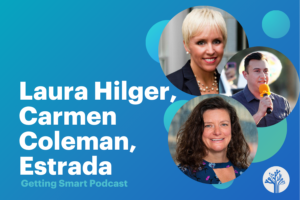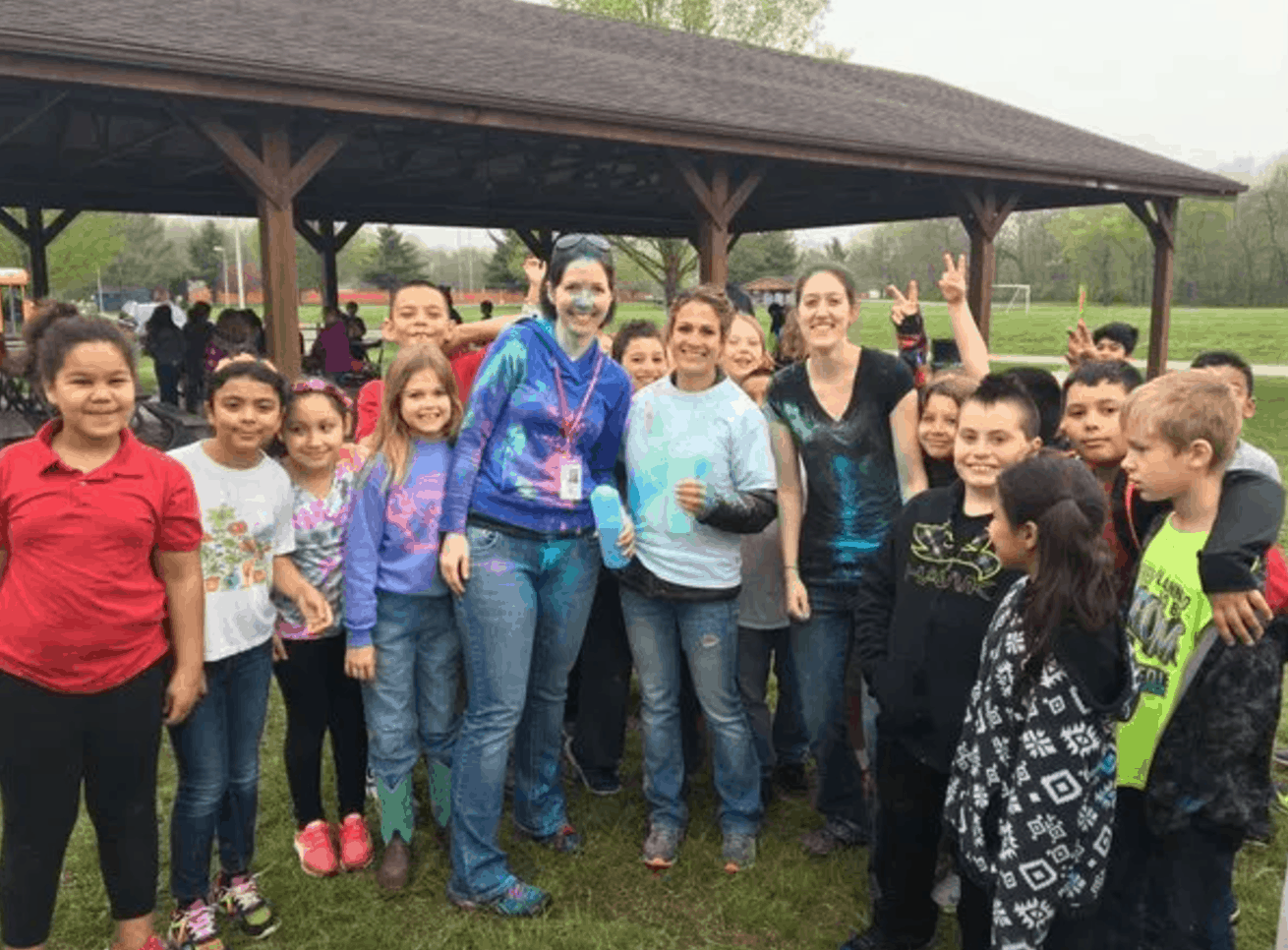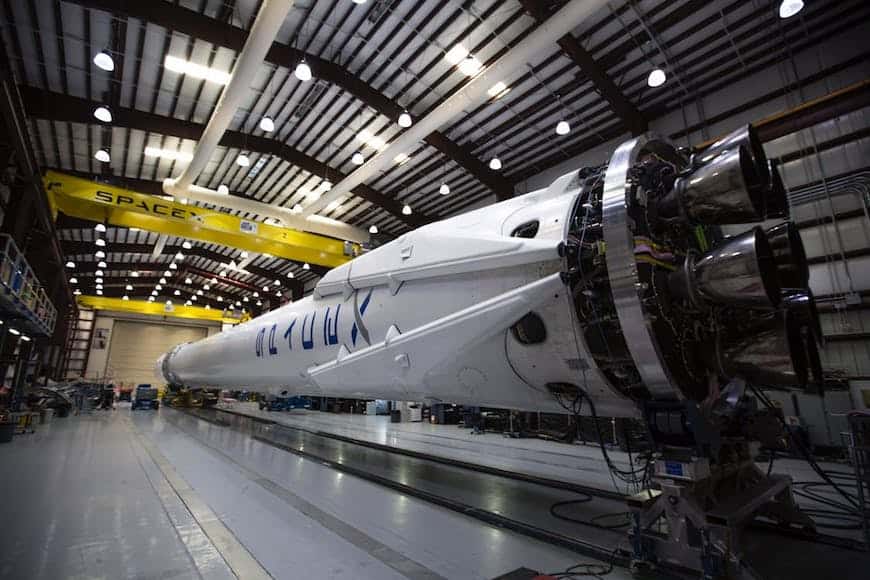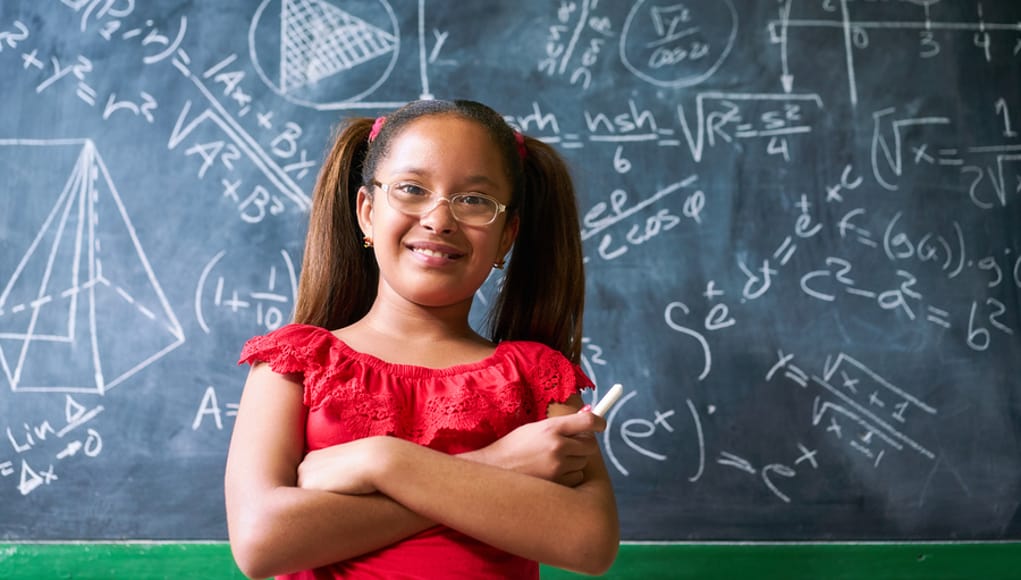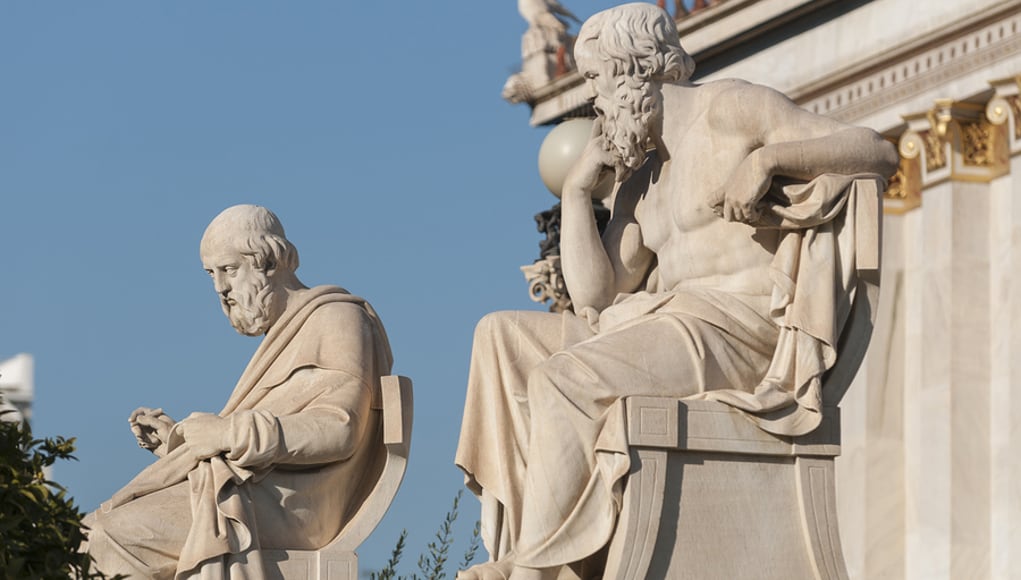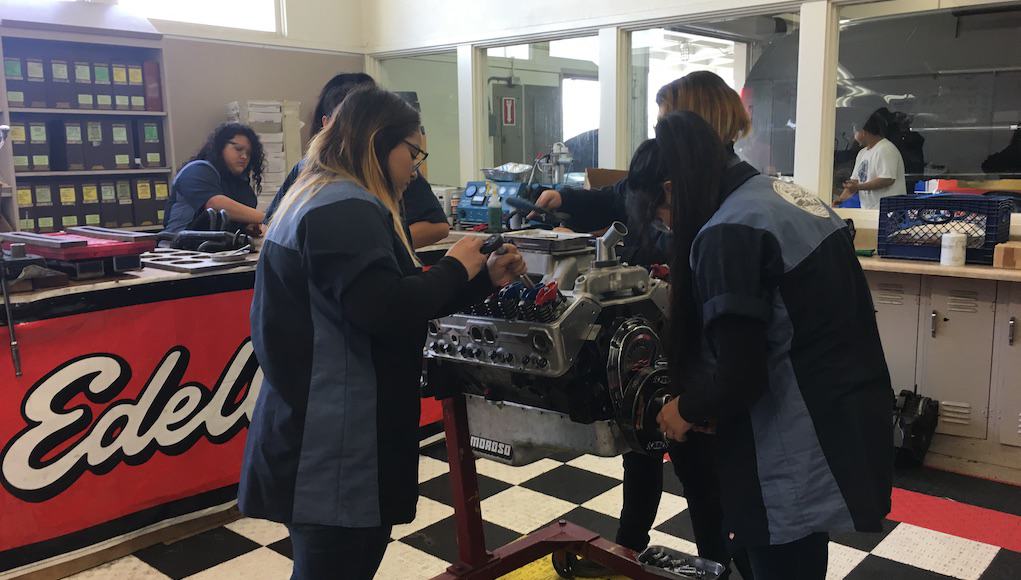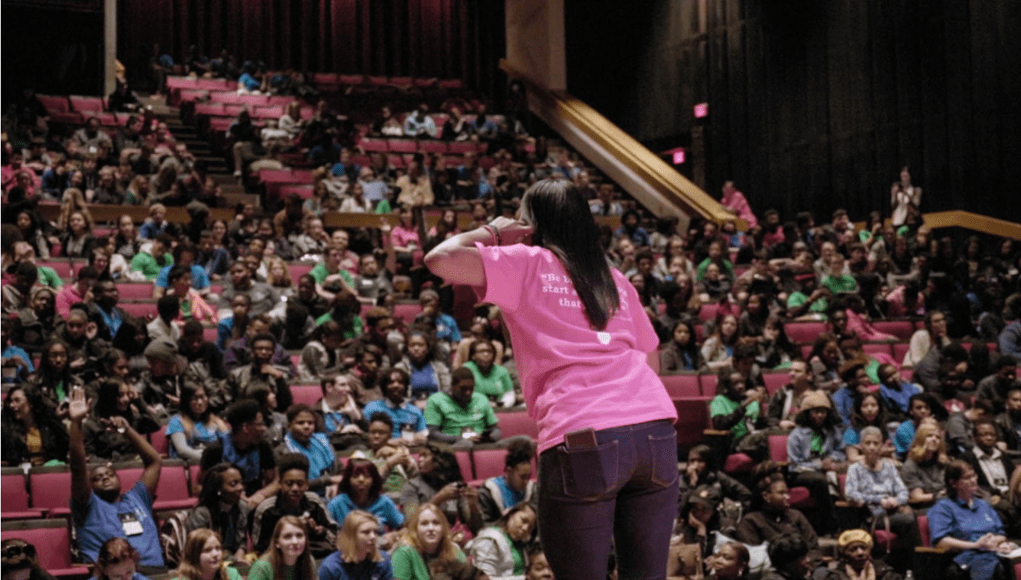Project-Based Learning
(PBL) is an instructional approach where traditional, direct classroom instruction and tests are replaced by authentic, often interdisciplinary projects, usually designed by the student with guidance from instructors/coaches, addressing real-world problems as the assessment instead of a test. It also is closely related to deeper learning, challenge-based learning, interest-based learning and more.
How Schools Develop Student Agency
Given the rate of change in the world, helping young people take charge of their own learning is more important than ever. Here, I look at two EdLeaders' thoughts on how schools can help develop this mindset in students.
What Educators Can Learn from SpaceX
As I explored SpaceX, the following idea kept entering my mind: Students—ALL students—deserve, need and want to work on real-world challenges and complex problems. Here are three ways educators can start to make that happen.
A Gifted Ed Teacher’s Secrets to Success
By: Stephen Noonoo. Gifted education teacher Alison Alowonle shares how she keeps her exceptional students (and their families) engaged in their learning process, as well as advice for those interested in getting involved as an educator in the space.
How Capistrano USD is Transforming its Writing Instruction
By: Virginia Reischl. By aligning our writing goals and rubrics vertically from grades 6-12 and horizontally across disciplines, we are bringing clarity and continuity to our teaching of writing skills. Here’s how we are approaching this ambitious task.
3 Lessons Learned Building Student Digital Portfolios
I decided this past fall that my students would build digital portfolios of all of their work this year. Here are three of the lessons I learned while implementing this endeavor.
To Design Deep Learning, Look to Enrichment and its Ancient Wisdom
By: Jeff Wetzler. Enrichment is an often-overlooked aspect of the opportunity gap between affluent and lower-income children, and can be highly valuable in life and for appreciating the world. Learn more here.
Santa Ana Unified Creating Incredible Pathways for Students K-12
When people think of large urban districts, they often think about all the challenges that they face. And it’s true--large urban districts often have to overcome many hurdles. But these challenges are not insurmountable, and Santa Ana Unified proves it.
The Role of the Teacher in High Quality PBL
By: Michelle Berkeley. In this post, we share some thoughts from a number of surveyed EdLeaders on three key areas of investment in the development of a PBL teacher: qualities and skills, training and collaboration, and professional development.
SOLE: Hacking Today’s Education for the Future
By: Dr. Jeffrey McClellan and Justin Aglio. Self-Organizing Learning Environments (SOLEs) draw on children’s natural curiosity to create a dynamic education space for students to learn, interact and develop critical problem-solving skills.
Project-Based Pittsburgh: Thinking Beyond Schools to Remake Learning
By: Gregg Behr. As educators, advocates and funders, we must think beyond our bubbles to prepare all children for a project-based future. In Pittsburgh, we’re fortunate to have several leaders doing just that.


